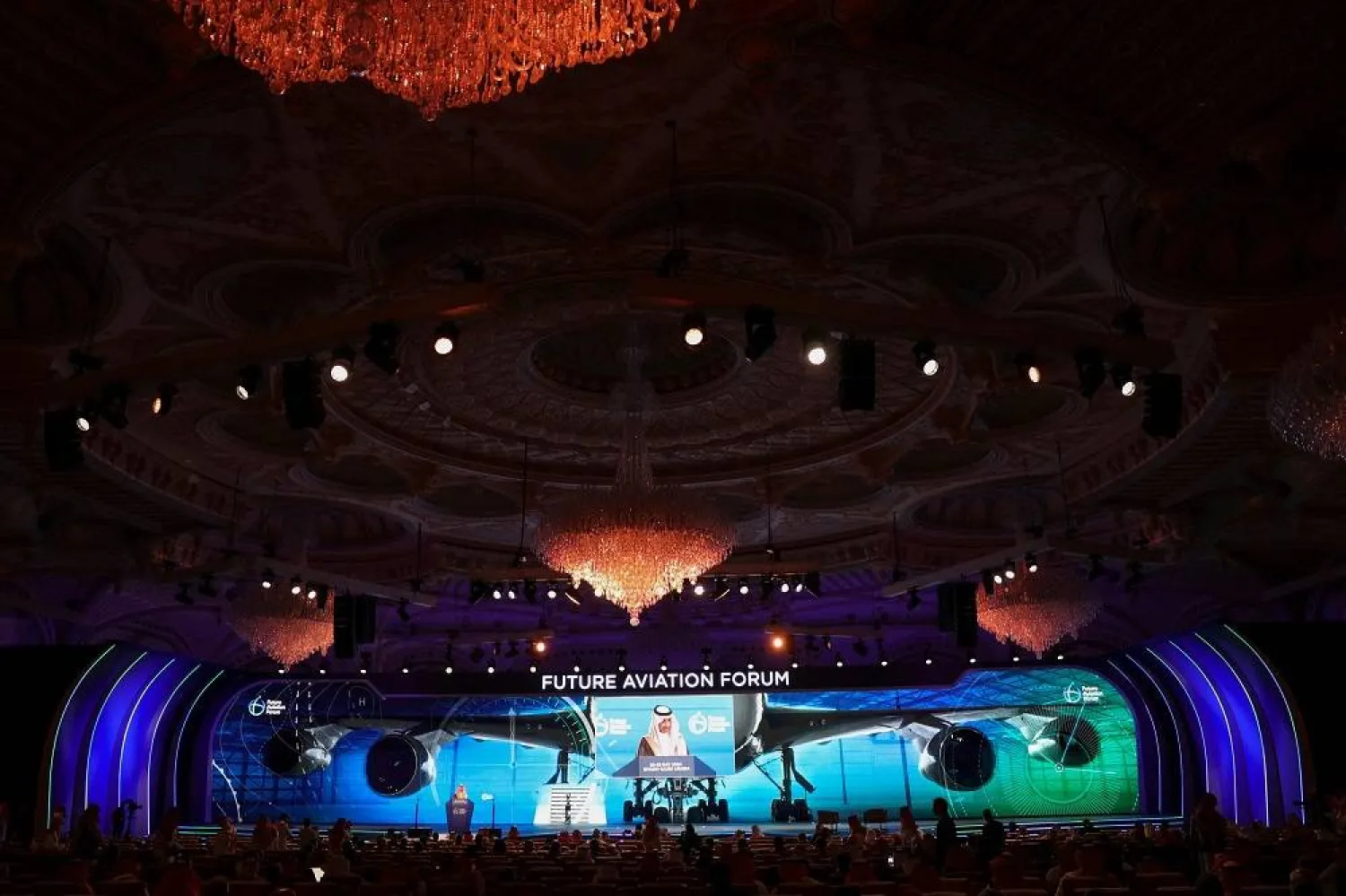Kamil Al-Awadhi, Vice President of Africa and Middle East at International Air Transport Association (IATA), revealed that the association intends to open a regional headquarters in Riyadh to keep pace with the Kingdom’s “exceptional” transformation in the aviation sector.
The International Air Transport Association (IATA) was founded in 1945 and is headquartered in Canada. The association aims to represent the aviation industry, develop commercial standards, and assist airlines by simplifying operations and increasing passenger comfort, while reducing costs and improving efficiency.
Speaking to Asharq Al-Awsat on the sidelines of the Future Aviation Forum 2024, Al-Awadhi said IATA expects air traffic and the number of passengers in the Middle East region to increase this year by around 4 to 6 percent, compared to 2023.
Previous data issued by IATA revealed that airlines in the Middle East achieved the strongest performance in January 2024 by 29.5 percent - with an increase of 25.9 percent year-on-year in freight volumes, as a result of growth in the Middle East and Asian markets - and Middle East and Europe by 46 percent.
Al-Awadhi pointed to challenges facing the aviation sector in the Middle East, which include geopolitical developments, underlining the importance of cooperation among the civil aviation authorities in Gulf countries to guarantee the safety of passengers and aircraft and avoid the cancellation of flights.
The Future Aviation Forum is being held in Riyadh under the patronage of Custodian of the Two Holy Mosques King Salman bin Abdulaziz and concludes on Thursday.
Organized by the General Authority of Civil Aviation (GACA), the event is attended by more than 30 ministers, 77 presidents of civil aviation authorities and heads of airlines from around the world, as well as 5,000 aviation industry experts and stakeholders from more than 120 countries.









